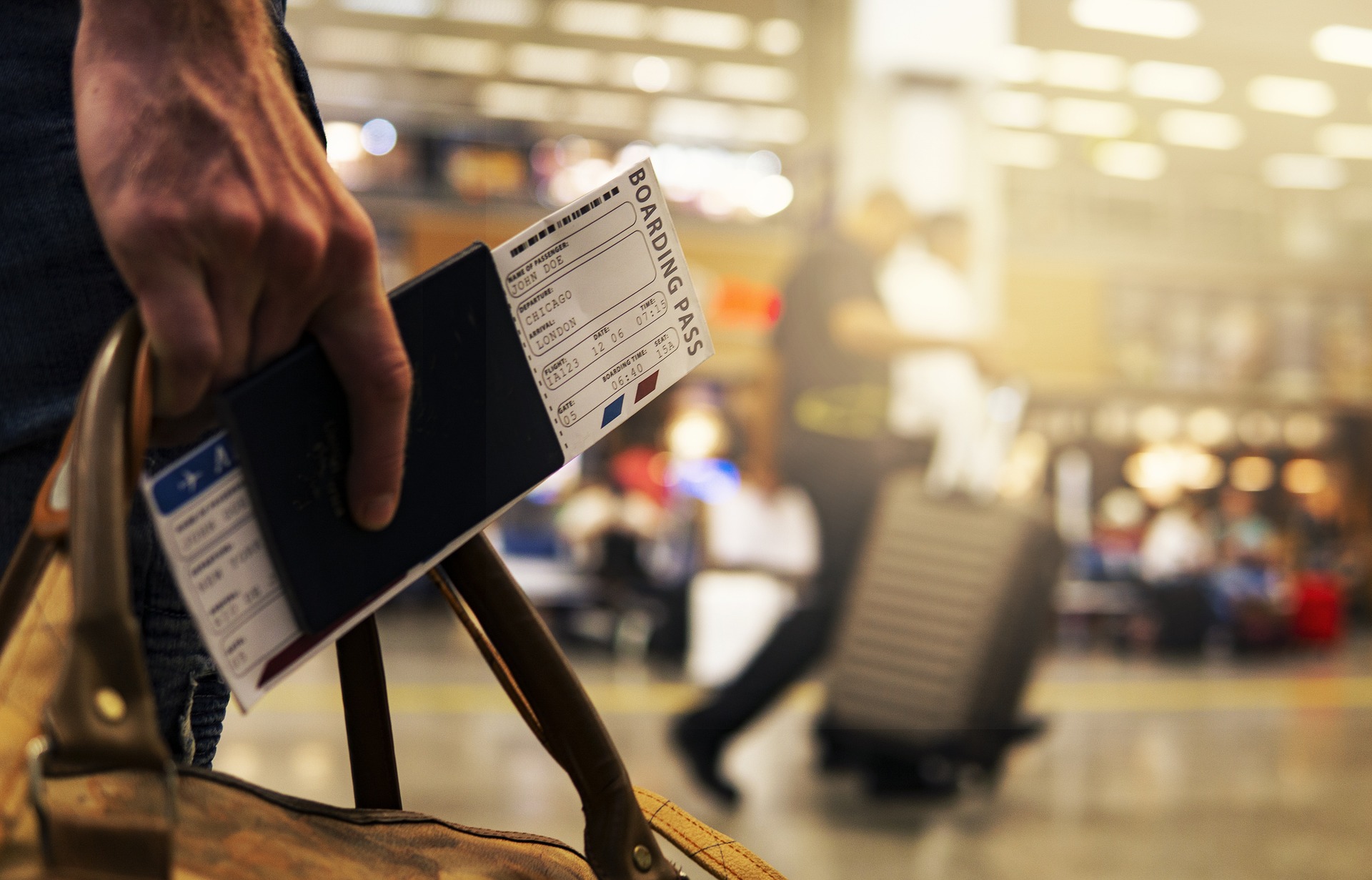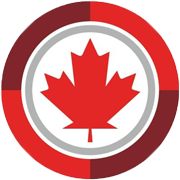
Eligible for Express Entry category-based selection, is provincial nomination still worth it? let’s dive deep into all the facts and figures you need to know before making the life-altering decision.
One of the most prominent Canadian economic immigration programs is the Provincial Nominee Program (PNP). Canada aims to welcome approximately 117,500 newcomers through the PNP each year by the end of 2025. PNP admission will now include Express-entry candidates. Express Entry had some drastic changes this year. On May 31, Immigration, Refugees and Citizenship Canada (IRCC) declared six new attribute-based Express Entry categories.
These categories indicate that applicants who meet the criteria for one of these six categories have another option to receive an Invitation to Apply (ITA) in an Express Entry draw:
- Technology
- Mathematics (STEM) professions
- Trades, such as plumbers, carpenters, and contractors
- Healthcare
- Engineers
- Transport
- Agriculture and agriculture-food
- Strong command of the French language
An eligible Express Entry candidate can receive an ITA in an all-program draw, a program-specific draw, or a category-based selection draw. If a candidate is also selected by a province through the PNP, is it better to accept it?
How does the PNP work?
Every Canadian territory and province (except Quebec and Nunavut) has its own PNP. Via these programs, the federal government allocates nominations that a provincial government utilizes to select economic-class immigration candidates. Who is most likely to work well in the economy of a particular province or workforce. This is attainable because immigration is a shared responsibility between provincial and federal governments.
When a candidate receives an invitation from a province and accepts it, they can apply directly to a province for nomination. If their application gets approved, they have a higher chance of securing permanent residency status from IRCC.
An applicant can be selected from the pool of eligible Express Entry candidates (named “enhanced nomination”). or they can choose to apply directly to a provincial government, requesting a nomination (named “base nomination”).A candidate who has a PNP nomination will receive an additional 600 Comprehensive Ranking System (CRS) points. Which Guarantees them a secure selection in the upcoming Express Entry draw.
Some PNP streams are very similar to the new category-based Express Entry draws. Take British Columbia as an example, every week, it holds draws for tech occupations and nominates healthcare professionals frequently.
More provinces have dedicated streams for targeted candidates, such as people with work experience or people employed in a high-demand occupation in a provincial workforce.
Why accept a PNP nomination if I am eligible for category-based selection?
The 600 additional CRS points from a PNP nomination can still be an advantage for you, even if you are an applicant of Express Entry and work in an occupation that falls under one of the new in-demand categories.
IRCC has never specified that it will discontinue holding all-program or the program-specific draws for the Federal Skilled Trades Program, the Federal Skilled Worker Program, the Canadian Experience Class, or for PNP candidates who have Express Entry profiles. In fact, since May, most candidates have been invited to all-program draws.
In an all-program draw, the primary determining factor is a candidate’s CRS score. Thus, it is valuable to have a high CRS score. It is still significant for category-based selection for Express Entry. While you need a lesser score for these draws. Having a score exceeding the minimum score always gives you a competitive edge.
Reason to reject a provincial nomination?
Applicants with already high CRS scores may choose that they don’t want to accept a provincial nomination. It can essentially be the case because, for PNP, you need to follow a separate process from Express Entry, even if you have enhanced nomination.
If you receive a non-PNP aligned Express Entry ITA, IRCC only requires you to submit one application and pay a fee once to obtain permanent residency. Most candidates are subject to a processing time of six months or less.
Enhanced nominations require you to submit an application first and pay any applicable fee to the province that is nominating you. The province’s processing standard also applies to you. Upon being approved, you need to submit your permanent residency application to IRCC, with the accompanying fee, and you will also be subject to a processing time of six months or less.
An enhanced nomination can increase the time of your immigration journey while waiting for your immigration nomination results. Submitting two different applications can be expensive, depending on the province that is nominating you. Some provinces have no application fee, but most of them do.

Examples of PNP application fees
Nova Scotia is one province that does not charge any application fee to its applicants for PNP. In the province, many streams are available for applicants with experience in in-demand occupations, particularly in healthcare, such as the Labour Market Priorities Stream for physicians.
Ontario, one of the most favored province for newcomers, charges an application fee for the Ontario Immigrant Nominee Program (OINP) based on the individual program. For instance, Masters Graduate, PhD Graduate, and Employer Job Offer: International Student streams, charge a fee of $1,500.
The application fee for Employer Job Offer: Foreign Worker and In-Demand Skills streams is as follows:
- For a job offer outside the Greater Toronto Area, the application fee is $1,500.
- For job offers within the Greater Toronto Area (City of Durham, Halton, York, Toronto, and Peel regions)
Application fees in British Columbia are based on the individual program. For skills immigration applications they start at $1,475 and go up to $3,500 for strategic or entrepreneur project streams.
In Alberta, all online applications are subject to a $500 fee.
The usefulness depends on your situation.
Lastly, choosing to apply for or accept the nomination for a provincial nomination depends on a candidate’s preference and situation.
A PNP nomination can help you secure an ITA in an Express Entry draw, including a category-based Express Entry draw, and give you a highly competitive edge in the pool of applicants.
This can make it more likely you will receive an ITA in an Express Entry draw, including a category-based draw, and give you a highly competitive CRS score. If your CRS score is already high and time and money are concerned, you may want to wait until IRCC issues an ITA.




